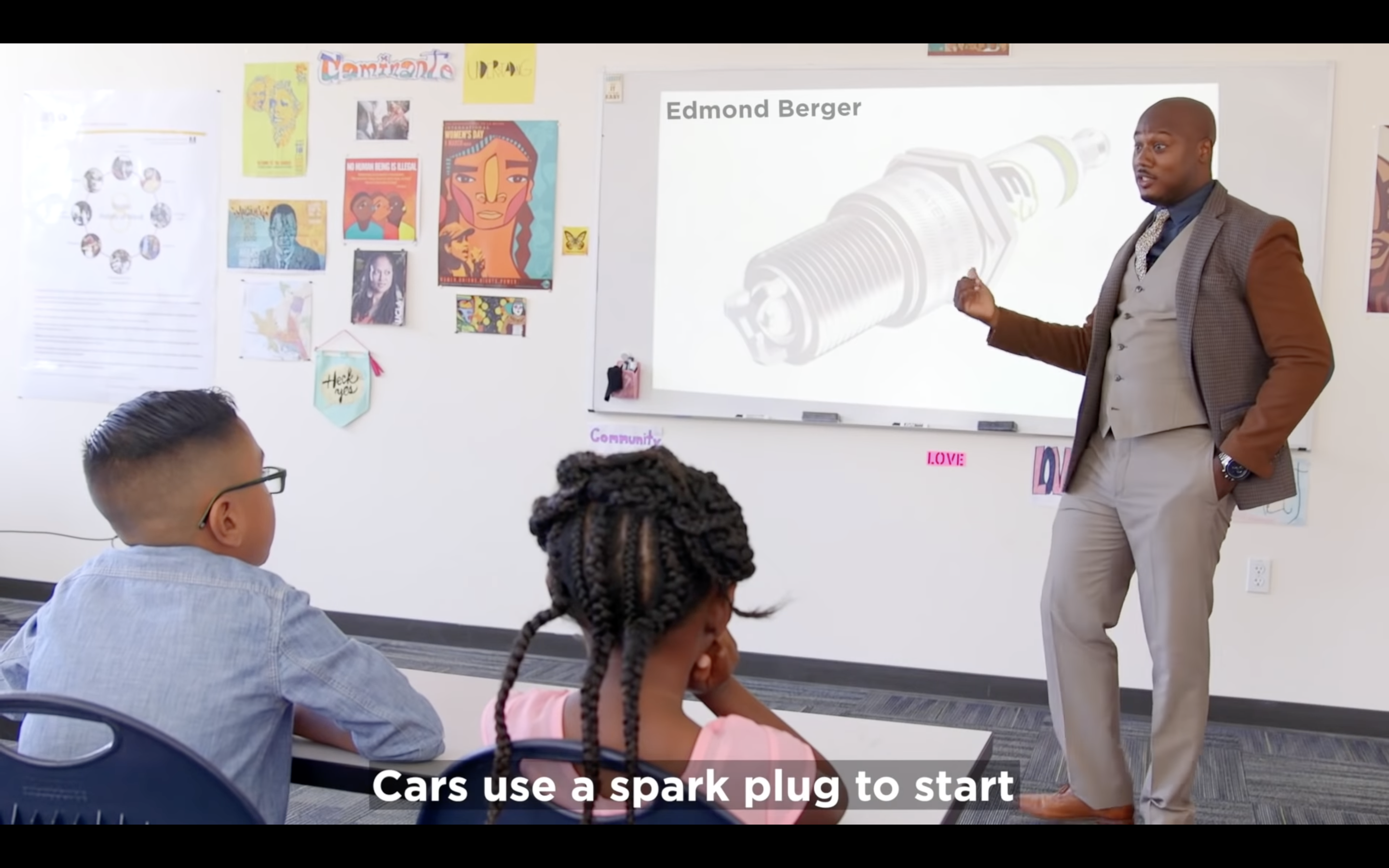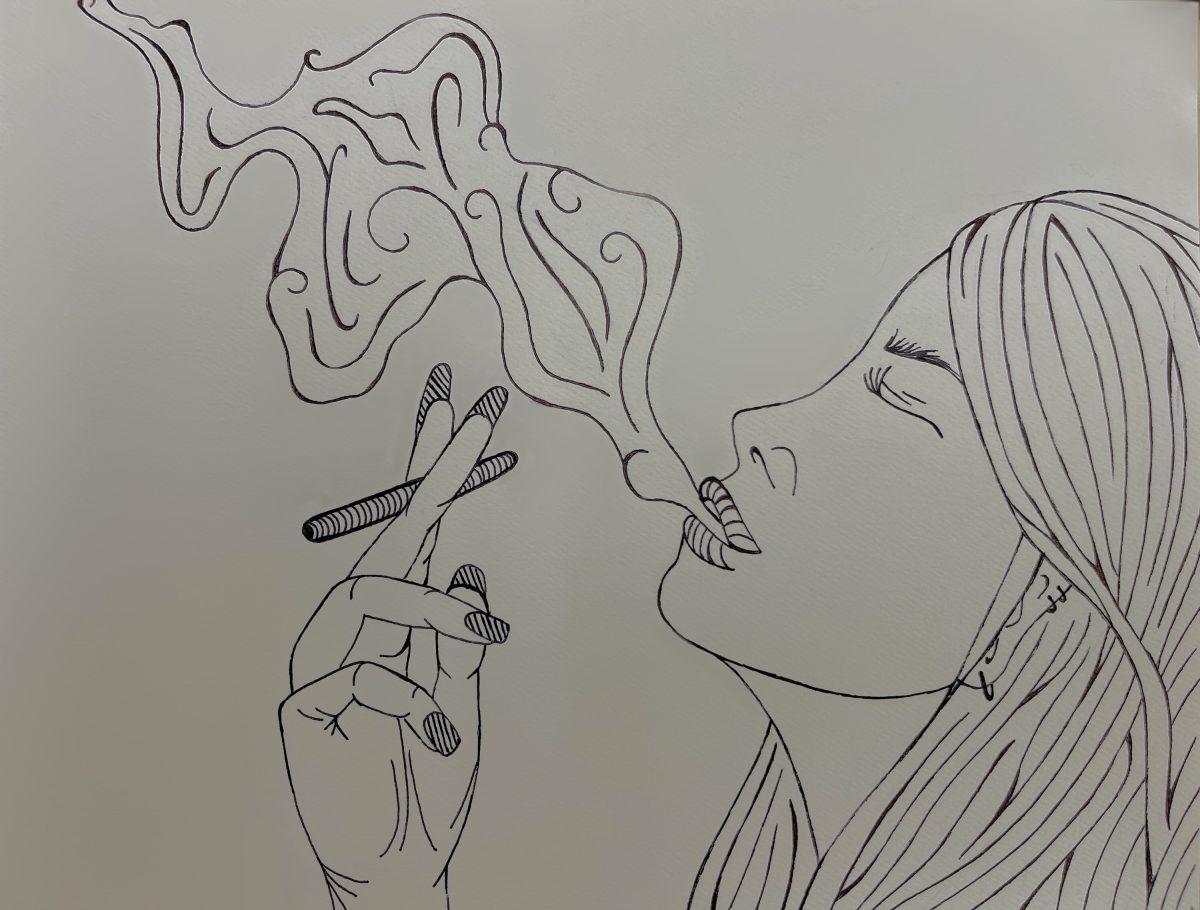On Wednesday, Mar. 3, a district-wide webcast during 4th period displayed a presentation for Black History Month to high schoolers. The speaker, Brandon “Griot B” Brown, used a combination of teaching and rapping to speak on the contributions of black people in society, and how these contributions are often overlooked in textbooks and history classes.
“I think that the goal of the assembly was to have us recognize that Black History comes hand in hand with American history, and it should not be seen as something that is completely separate,” equity member and junior Antonia Doyle said. “The speaker wanted to educate us on Black achievements and contributions that we are oftentimes unaware of because they are not taught in school.”
Griot B achieved this goal by performing and discussing raps about black history, and achievement through his series of songs from ‘Schoolyard Rap.’ The songs ranged from ‘Black Made That,’ a song celebrating black invention; to ‘Medieval West Africa,’ which delved into earlier histories of black civilizations.
Griot B also discussed how the history curriculum that students learn in school is very white and anglo-centric.
“I think the assembly brings that point to the forefront, and educates people on two things,” Restorative Justice Lead Specialist and equity member Phoebe Smith said. “What black people have actually done as contributions to this country, and that all this history is being purposefully left out.”
As students and faculty reflected on the assembly, a common thread of performativity, and a question of continuation were brought up.
“I think it was done because it was Black History Month,” Smith said. “A lot of past actions were performative. I can’t say whether or not the steps that are being taken now are actually going to be progressive shifts that are going to show up in the future. We have the opportunity to make that a reality, but I don’t think we’ve been in this time period long enough to see if we’re really going to create change.”
This sentiment is shared by STEM teacher Nick Williams, who is a member of the teacher equity group. The group has met bi-weekly for the past six years to discuss the implementation of equity practices and anti-racist teaching into the San Marin community.
“I thought it was a positive first step,” Williams said, “I think any time we’re doing any kind of equity work or anti-racist work you want to ensure that it’s not just a one off week, or a one off assembly. Those are great starting points and components, but ensuring that it’s part of the fabric of the school and part of the work that you’re doing everyday is important.”
The general goal, shared both by student and teacher equity groups, is the integration of the contributions of all peoples into the curriculums of every class.
“It doesn’t feel performative if it’s actually integrated into our everyday occurrence at school,” Smith said.

Brandon “Griot B” Brown educates a class about black innovation. He does this through the assembly, and through the youtube video “Black Made That.” on the Schoolyard Rap YouTube Channel.






































